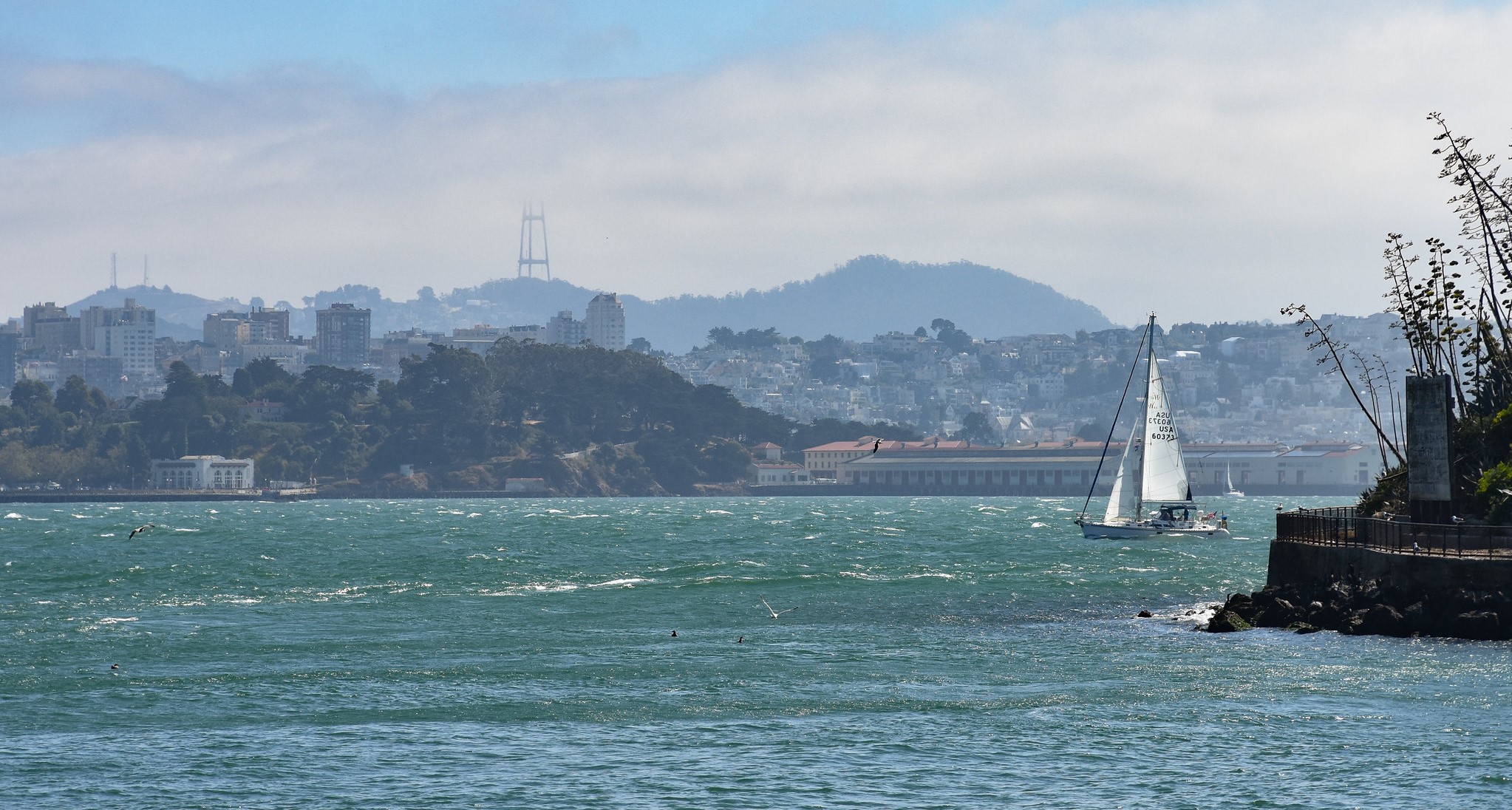By Melissa Yu

California is entering yet another drought after two consecutive dry winters greatly diminished key water supplies, including the Sierra Nevada snowpack that measured only 60% of its average capacity as of April 1st.
Amid worsening drought conditions, San Francisco’s Supervisor Rafael Mandelman introduced an ordinance that would double the amount of water that new large buildings are required to collect and re-use, and direct the City’s Public Utilities Commission to develop a plan to expand San Francisco’s recycled water supply. Additionally, this initiative would work to sustain well-paying union jobs, a critical priority in the move towards a just transition.
On September 9th, Sup. Mandelman’s ordinance will be heard by the San Francisco Board of Supervisors' Public Safety and Neighborhood Services Committee. Please send a message urging the committee members to support this water recycling initiative. This ordinance is much needed as droughts not only endanger public health and safety but also cause long-term negative environmental and economic impacts. Public health and safety threats primarily include increased risk of catastrophic wildfires and drinking water shortages.
This new legislation expands on the City’s 2012 Non-Potable Water Ordinance, which requires large buildings and developments (greater than 250,000 gross square feet) to collect, treat, and re-use greywater from sources like showers and bathroom sinks for non-potable uses such as toilet flushing and irrigation. Smaller developments (between 40,000 and 250,000 gsf) do not currently have to install on-site water re-use systems, but must submit a water budget demonstrating their water re-use potential to the SFPUC.
The San Francisco Public Utilities Commission estimates that these new legislative changes could double the amount of water savings in residential and mixed-use buildings to 30% of total indoor potable water demand, and offset up to 75% of total indoor potable water demand in commercial buildings, a significant increase from the 15% conserved under current requirements.
The Sierra Club is excited to see this initiative from Supervisor Mandelman. Read more about his proposed water ordinance along with his other legislative environmental advancements in a press release here. With California droughts intensifying due to the effects of climate change, we must take immediate action to ensure a sustainable water supply for years to come. You can also support this initiative by calling into the meeting on September 9th and providing public comment.
Photo credit: San Francisco Bay by josephmccowie via Flickr Creative Commons.